Andrew Joseph White is the trans, autistic, and bestselling author of Hell Followed With Us, The Spirit Bares Its Teeth, Compound Fracture, and more. His work focuses on the intersection of transgender and autistic identity through the lens of horror, monstrosity, violence, and rage. Born and raised in the Shenandoah Valley, he received his MFA in Creative Writing from George Mason University and lives in Virginia with his wife and their antisocial cat.
I had the opportunity to interview Andrew, which you can read below.
First of all, welcome back to Geeks OUT! For those out there who would want to know more about you, could you tell us a little about yourself?
My name is Andrew Joseph White (he/him), and I am the best-selling, award-winning author of Hell Followed With Us, The Spirit Bares Its Teeth, and Compound Fracture, along with several other upcoming books for both teens and adults. I’m both trans and autistic, and I almost exclusively write horror and thrillers that explore the intersection of queerness and disability. Beyond writing, I’m a gamer, artist, cat dad, metal fan, LEGO geek, and enthusiast of extremely specific video essays. (My endlessly-patient wife has sat through several speedrunning documentaries.) Thank you for having me back!
What can you tell us about your latest book, Compound Fracture? What was the inspiration for this story?
Compound Fracture follows Miles, a socialist trans boy from West Virginia, as he balances a badly-timed coming out, finding his place in Appalachia after Trump’s first election, discovering his autism, and being suddenly and violently thrown into his family’s century-long blood feud with local law enforcement. It’s gritty, and messy, and deeply in love with West Virginia and Appalachia as a whole.
It also takes so much inspiration from my own life. It’s set in a fictionalized version of my mamaw’s hometown; it’s written the way that I speak to my grandparents; Miles’ family is based almost directly on my own. The fictional labor riot I created for the story is rooted deep in the real Coal Wars of West Virginia. There are conversations in the book that I lifted right from conversations I’ve had with my parents. The inspiration for this book is tangled up with my family and where my family’s from, and I couldn’t be prouder of how far this story has come.
Were there any books/films/music/etc. that inspired you while writing this project?
I got the idea for Compound Fracture after watching Kill Bill on my laptop in my freshman dorm room. It was only the bare bones of the idea—all I knew is that I wanted to write about a queer boy coming back from the brink of death to wreak havoc—and it would take nearly a decade for me to figure out how to make it work and get it published. In fact, I came up with Compound Fracture before I came up with my debut, Hell Followed With Us. But I say those years it was left to simmer were years well-spent, and made the writing process a breeze.
In addition, music is incredibly important to my drafting process. (If I don’t have music, I can’t write.) Barns Courtney, grandson, and Des Rocs were on repeat during the months I was putting together this book, along with some Architects and Hozier for good measure.
As a writer, what drew you to the art of storytelling, especially thriller and horror?
I’ve always been a writer at heart. I talk a lot about writing being my special interest as an autistic person, and that’s true. Writing is how my brain processes information and works through emotions, on top of it being my “safe space” where I feel seen, soothed, and understood. The fact that I write thrillers and horror seems like it should contradict that, but it doesn’t. I’ve always been drawn to horror—my gender dysphoria and social deficits have always felt “at home” in the horror space, so to speak, especially when I struggle to express my anger or upset in other ways. The tension and fear are cathartic.
And these days, I’m not just writing for myself anymore. I’m writing for my readers, especially my younger ones. It’s amazing how you can connect to the roughest, messiest parts of yourself and others through the lens of fiction.
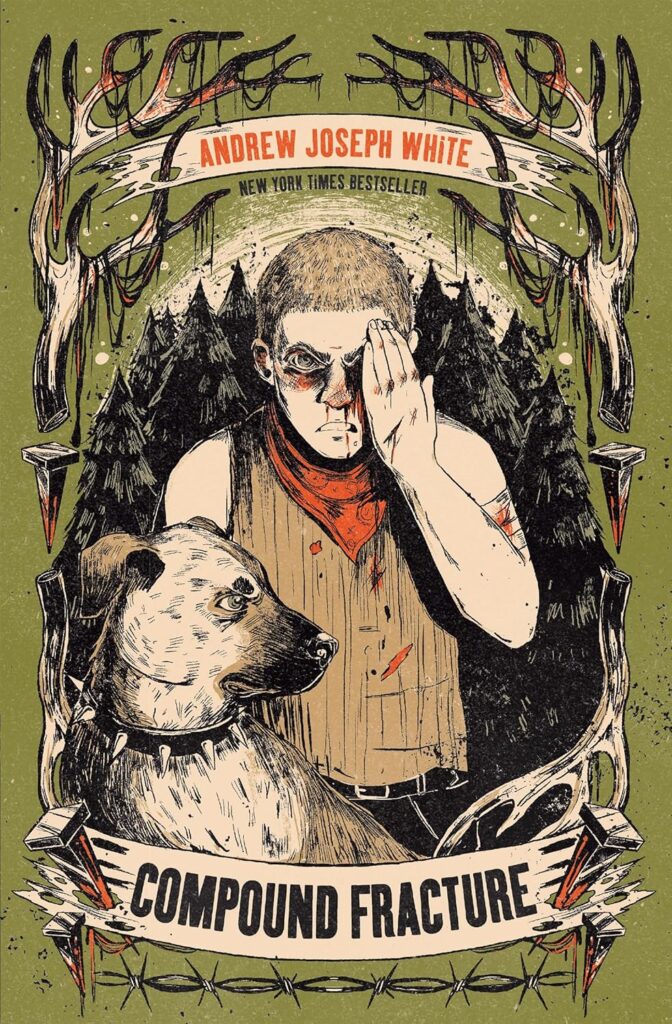
As an author of three books now, how would you say your writing process has changed and/or stayed the same since your debut?
This question made me laugh because yes, three of my books are out on shelves, but I’m also preparing to release my fourth, waiting for edits back on my fifth, plotting my sixth, and trying to nail down my seventh. (Whew; busy.) That is to say, I’ve been through this process a lot of times. And if there’s one thing I’ve noticed, it’s that my pre-writing process becomes more involved, more in-depth, and more time-consuming with every book.
With my debut, Hell Followed With Us, I didn’t plot a single thing. I wrote the book by the seat of my pants, and I paid the price for it—there were so many drafts across several years, nearly all of them useless, and the plot was a struggle to wrangle. I wrote a four-page synopsis for my sophomore novel, The Spirit Bares Its Teeth, but that wasn’t enough. It was still a nightmare. So with each book, my plotting documents and synopses have become longer and more complicated, to the point that I now type out extensive scene-by-scene breakdowns of the entire novel before I even start drafting. My last one was ten pages, single spaced, and I get the sense that my next one will be even bigger.
What’s a question you haven’t been asked yet but that you wish you were asked (as well as the answer to that question)?
Hmm. I get asked so many questions (how do I balance writing with my day job, do I consider my work to be a form of activism, how did I develop my prose style, how much do I get paid, etc. etc. etc.), and I get asked them all the time, that it blurs together after a point. Even my default “no one asks me this!” question, which was about my refusal to let my first protagonist turn back into a human at the end, has been asked a few times now.
So the real question is, I think, am I happy? Am I proud of my work and the career I’ve built? Has it been worth it?
And the answer is yes. Incredibly so. I’ve run head-first into a lot of hurdles, sure, and some of them felt insurmountable at the time. But I still don’t think I would change a single part of it.
What advice might you have to give for aspiring writers, especially queer ones out there?
Be ugly. That’s the advice I give to every young writer, every queer or disabled writer just starting on their journey: be ugly. I was held back for years by a fear of being “bad representation”—I threw away complicated characters, flinched from messy topics, and denied myself the chance to become a better writer because I was afraid of how my work would impact the reputation of my identity group. But you can’t do that! You can’t let yourself become beholden to a bigot’s perception of you. You cannot make art attempting to stave off every single bad-faith perception that could ever be made of you. Tell the ugly truth of the situation, be honest and unashamed and unflinching, and you will go far.
Are there any other projects you are working on and at liberty to speak about?
Saying I have “a lot of other projects right now” is a bit of an understatement. My adult debut with Saga Press, You Weren’t Meant to Be Human, about an autistic trans man forced into an unwanted pregnancy, is coming out in September. Then, I have two more YA novels coming out through Peachtree Teen—in 2026, there’s You’re No Better, a gut-wrenching thriller about the son of a serial killer, and in 2027, there’s Beast//Warden, a horror-fantasy inspired by Stone Age Britain. On top of that, there’s the Hell Followed With Us movie under construction with Powerhouse Animation Studios. I have my hands full, that’s for sure, but I’m excited to get all these stories out into the world.
Finally, what books/authors would you recommend to the readers of Geeks OUT?
My current fixation is One of the Boys by Victoria Zeller—a contemporary YA about a trans girl who gets brought back into her high school football team after coming out—and I am absolutely begging everyone to read it. I don’t care if you don’t like football. I’m not a football guy either, and I adore it to bits and pieces. Plus, my dear friend H.E. Edgmon is releasing We Can Never Leave, a YA fantasy, in June, and it is yet another stunning, heart-wrenching book from them. (Edgmon’s entire catalog is filled with winners. Go pick one up!)



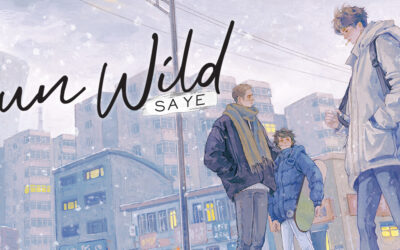
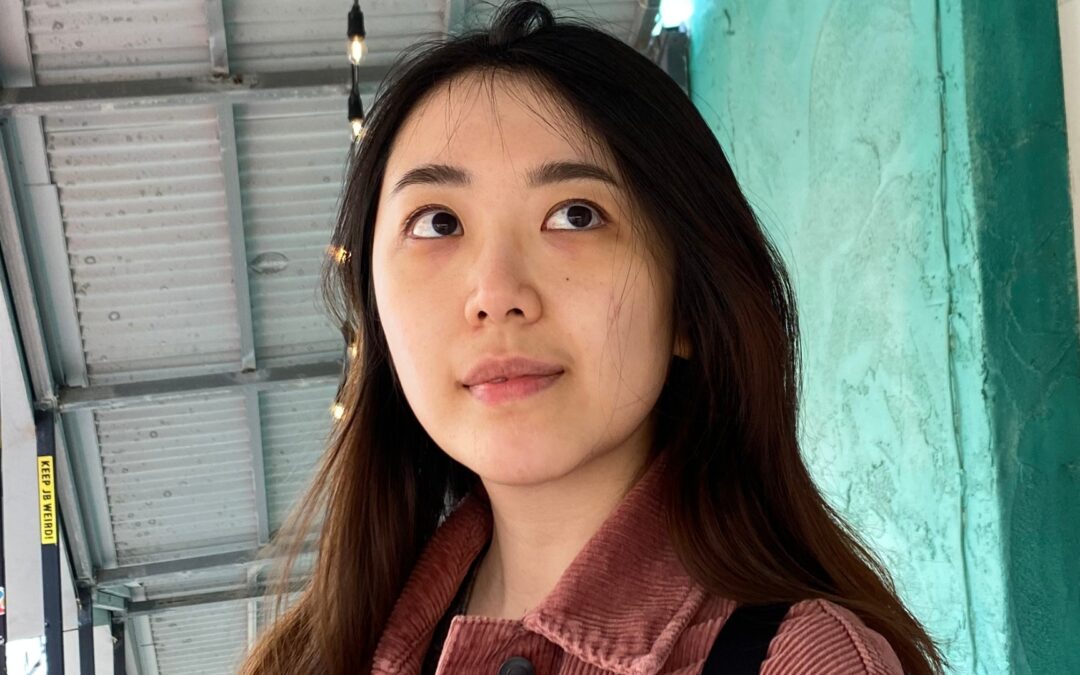
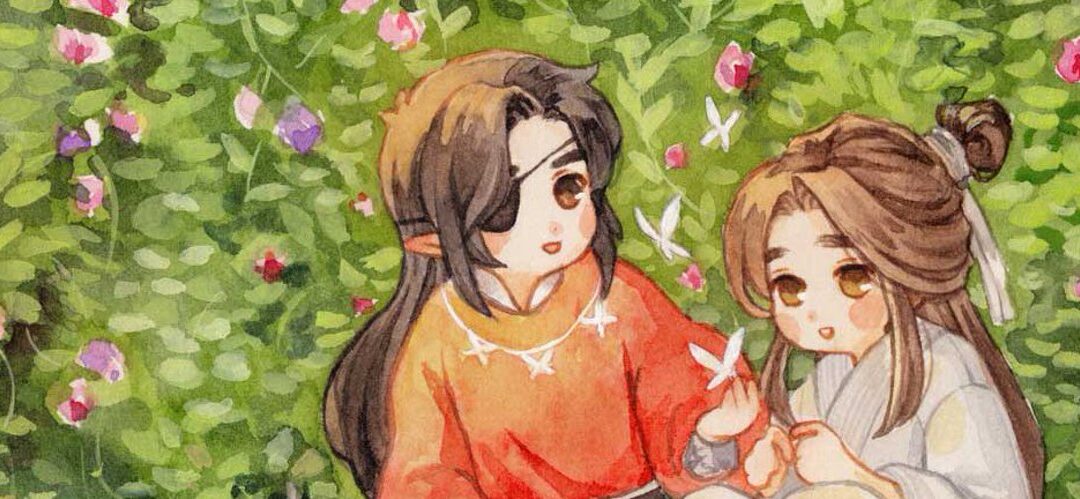
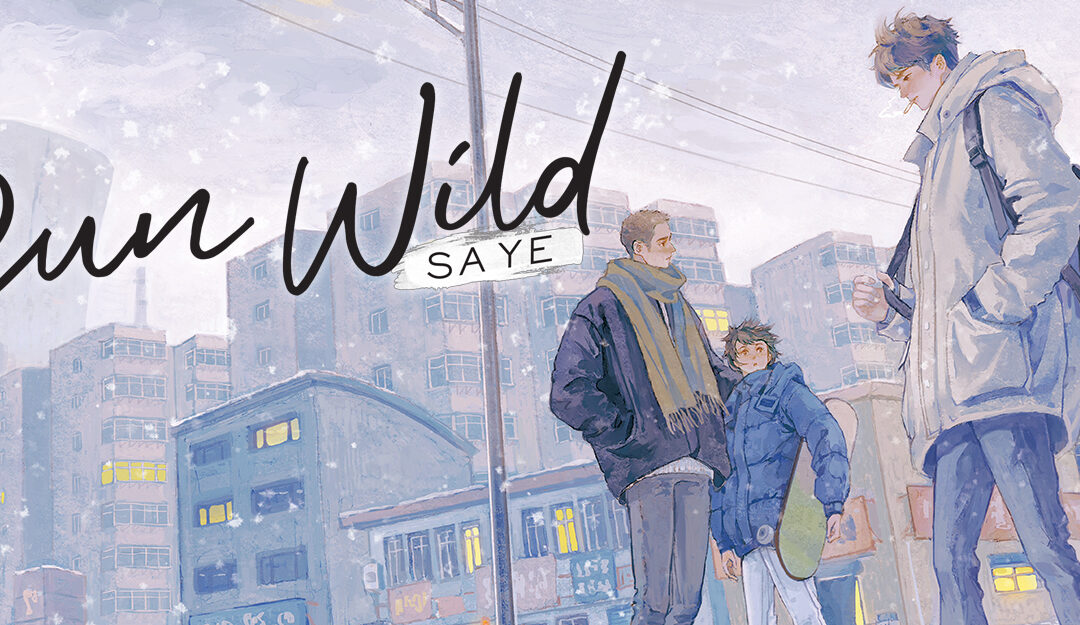
0 Comments